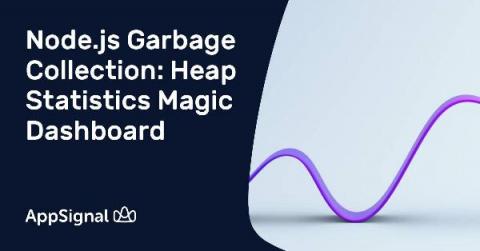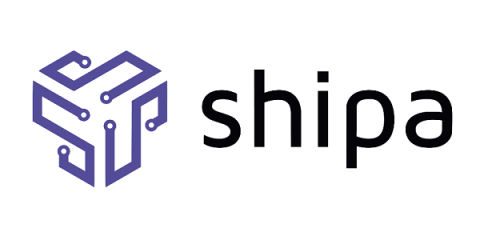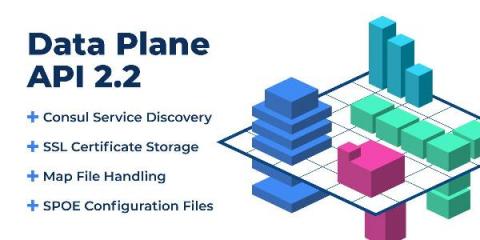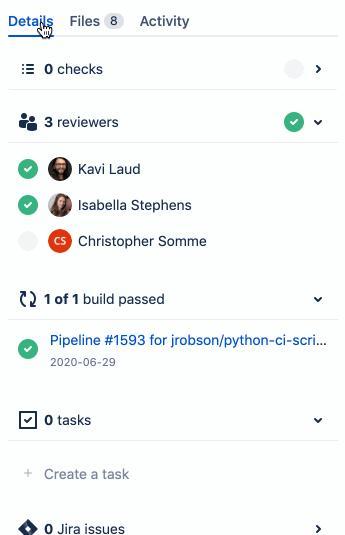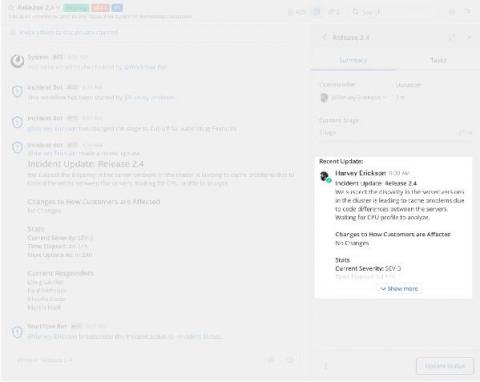Network Monitoring Enhancements - VirtualMetric Presents New Product Capabilities
As a customer-focused company, which pays a lot of attention to its client’s needs and requests, while keeping pace with the market dynamics, VirtualMetric has always followed the approach of continuous product development. Our ongoing improvement process allows us to develop, test and release new features and product capabilities of your all-in-one monitoring software at short time intervals.




